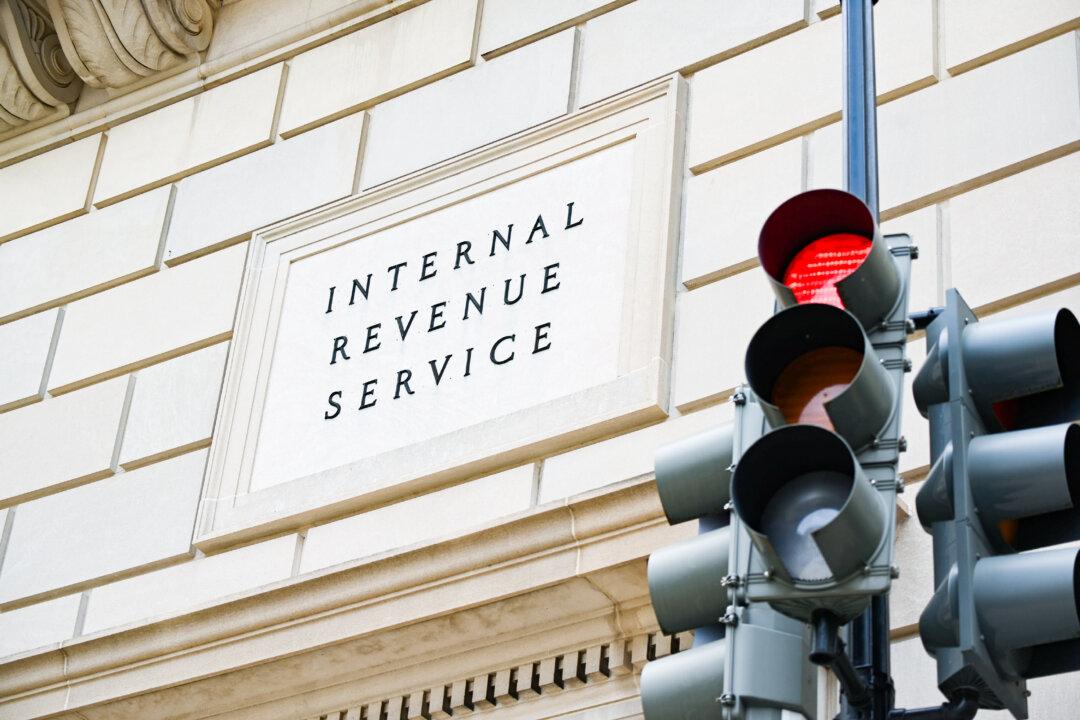The Internal Revenue Service (IRS) has issued a “last call” reminder to over 1 million taxpayers across the country not to miss out on claiming their share of around $1.5 billion in refunds that are still up for grabs for tax year 2019.
“Time is running out for people owed a tax refund in 2019,” IRS Commissioner Danny Werfel said in a statement.





